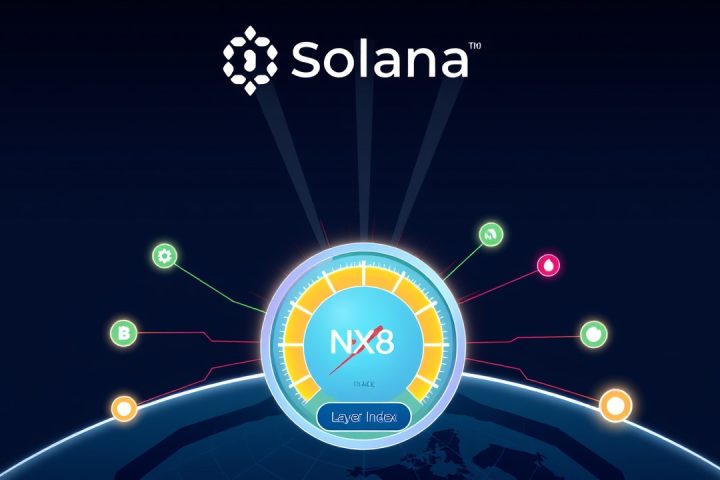Insights on Blockchain Governance
Ethereum’s co-founder, Vitalik Buterin, recently shared insights on how blockchain governance can reconcile philosophical and evidence-based methodologies, a perspective crucial for enhancing the adaptability of blockchain technology in regulated environments. In a blog entry dated August 12, Buterin clarified two predominant frameworks that influence the crypto sector: ‘idea-driven’ and ‘data-driven’ paradigms.
Idea-Driven vs. Data-Driven Approaches
The ‘idea-driven’ approach is anchored in fundamental beliefs such as decentralization and skepticism towards centralized entities, which subsequently inform actionable strategies. On the other hand, ‘data-driven’ methods eschew a fixed ideological viewpoint, focusing instead on deriving insights based purely on empirical data.
Integrating Philosophical Guidance and Practical Evidence
Buterin articulated the importance of integrating these approaches; the intricate nature of decision-making in today’s world necessitates a blend of philosophical guidance and practical evidence. He maintained that established principles serve as essential navigational tools that ensure decisions are coherent and effective.
The Role of Ideology in Decision-Making
Moreover, he cautioned against the risk of allowing practical objectives to overshadow ideological foundations. Ideology can serve a constructive purpose by aiding social coordination, offering communities a constant reference while minimizing reliance on individual authority figures. However, Buterin highlighted that an unwavering commitment to ideology risks clouding judgment and obstructing pragmatic problem-solving.
Strategies for Navigating Challenges
To navigate these challenges, he proposed two strategies: leveraging data to refine concept-driven ideologies and adopting principles as flexibly interpreted guidelines rather than inflexible mandates. This method can enhance the adaptability of blockchain systems, offering constructive insights for regulators, developers, and industry participants beyond the Ethereum framework.
Implications for Shibarium
Buterin’s recommendations resonate strongly with the ongoing development of Shibarium, which aims to synthesize sustainability and adaptability within its ecosystem. This equilibrium not only intends to sustain a flexible infrastructure capable of responding to changing market demands but also aims to bolster long-term value for SHIB holders. By merging innovation with adherence to regulatory standards and industry best practices, Shibarium seeks to enhance its appeal as a progressive platform, ultimately strengthening its position within the rapidly evolving decentralized landscape.




